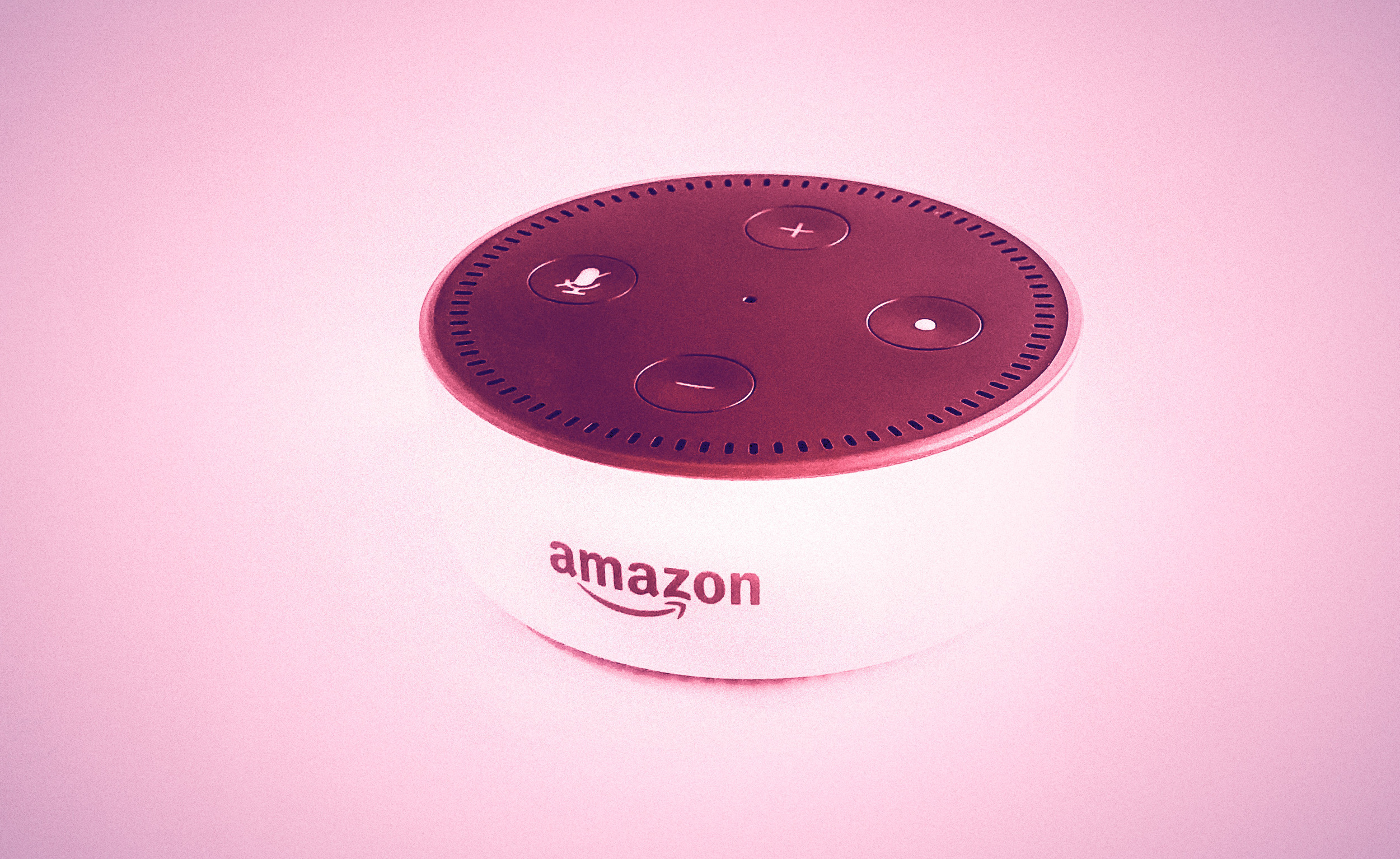Between professional gaming, the influence Fortnite has had on culture, and Angry Birds becoming a multi-billion dollar media franchise, I think it’s safe to say that parents can no longer scoff at video games. The successes have left everyone wondering where the next opportunity in gaming will be. Naturally, future-thinkers question if voice gaming on Alexa has any potential.
The stakes are higher than creating just a couple of fun games. If they crack the code, then the Alexa Skill Store could be the next $46 Billion App Store.
They already have an advantage by being in more than a quarter of US households. They literally distributed their voice gaming platform and are just waiting for a hit game.
Amazon is really pushing for this future:
Dave Isbitski, Amazon’s “chief evangelist” for Alexa and Echo, announced that the company had invested in Skill Flow Builder, a tool designed to help creators of voice-fueled games map out stories.
Tanya Basu, MIT Technology Review
Isbitski said in an email that voice-powered gaming was a natural next step for Alexa, where games have emerged as some of the most popular applications; he cited a 160% increase in games over the past year. Since 2018, Isbitski said, billions of commands have asked Alexa to play games.
These are the games fueling this increase:
Jeopardy, Who Wants to Be A Millionaire, Stranger Things Trivia, Movie Challenge, Song Quiz, 20 Questions, and more.
When we grade these against my Voice App Theory:
- Is your Alexa skill a gimmick or is it impressive?
- Is your Alexa Skill useful to a company from a marketing perspective?
These games fit the bill of gimmick. They are voice replicas of existing games or cultural trivia challenges. Essentially, they are marketing stunts to reach existing audiences in a new format.
Is Voice Gaming Sustainable?
The problem I encounter with these games is that they lack any serious staying power. I’m personally not convinced that a trivia or a gimmick game on Alexa will ever reach the influence that Call of Duty had. I just don’t see these formats creating an “addiction” in people where they want to play over and over for months on end.
But maybe we’re thinking about voice gaming wrong.
Maybe voice gaming will engage an audience that chooses crossword puzzles over Candy Crush. Maybe voice games aren’t going to ever hit the video gaming audience.
If we are to come across a voice-gaming sensation, then it’s more likely that it’ll be closer to a Pictionary-type of game than it is Halo.
Voice Games require more creativity and imagination on the user’s part than their video game counterparts.
That’s partly why narrative-driven games are common on the platform. Basically games that put you in charge of the story through options. These include escape rooms, haunted houses, and choose-your-adventure stories. Some of the narrative-driven games that momentarily hooked me:
- 63rd and Wallace
- The dark citadel
- The magic door
- Yes Sire
- Survive the Gobi Desert
- Escape the Airplane
- Angel Investor
I don’t think that voice games are a natural next step for video games. If they become a hit, they’ll do it on their own territory and terms. Not riding the wave of existing television shows and pop culture hits.
Amazon needs voice games to work out more than anyone. And they’re going to pour everything they have into making voice gaming a thing.
